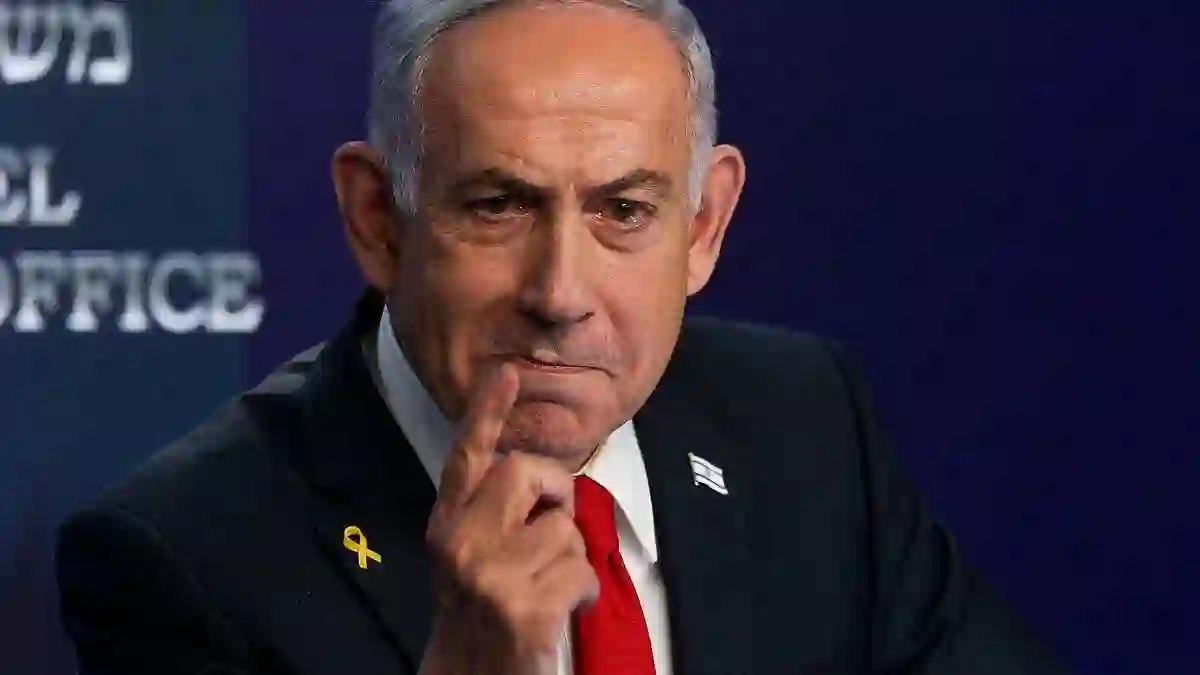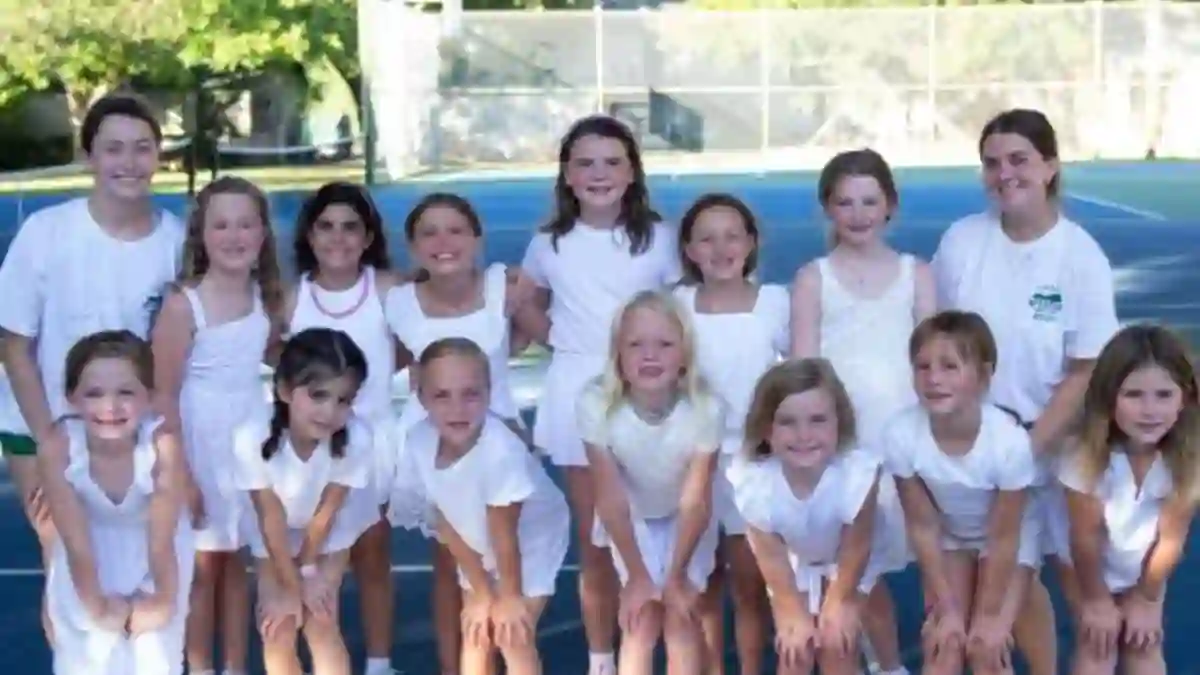Benjamin Netanyahu has always been a man who thrives under pressure, but the past year has tested him like never before.
While Israel has been embroiled in a high-stakes war across Gaza, Lebanon, Syria, and Iran, the Prime Minister has simultaneously faced a relentless legal battle in Jerusalem and Tel Aviv.
In a rare live press conference last Sunday, Netanyahu appeared resolute, even defiant, as he addressed the foreign media from his Jerusalem office with a screen behind him reading, “Open your eyes to Hamas lies.”
Thousands protested in the streets over his plans to take control of Gaza City, but Netanyahu pressed on undeterred.
This dual fight—against both Israel’s enemies and his own legal troubles—has defined his leadership style.
The Courtroom While Preparing for War
Remarkably, in the days before Netanyahu gave the order to strike Iran’s nuclear facilities in June, he wasn’t holed up at his official residence planning with top military advisers.
Instead, he spent hours in court, attending hearings on bribery, fraud, and breach of trust charges.
A source close to Netanyahu described him as unusually quiet and “tongue-tied” during proceedings, adding that he hadn’t slept but maintained a facade of normalcy.
Surreal details emerged, like the mention of a Bugs Bunny doll gifted to his son decades ago, cited as evidence of alleged corruption.
Despite this, top military officers quietly lobbied the courts to reduce weekly hearings so Netanyahu could focus on planning the Iranian strike.
His legal team often juggled three hearings per week, with the Prime Minister himself required to appear frequently.
Operation Rising Lion and Regional Strategy
After a tense courtroom session, Netanyahu went home to clear his head.
Just 24 hours later, he ordered Operation Rising Lion—a bold strike against Iran’s nuclear sites.
The operation, later dubbed the “Twelve-Day War” by Donald Trump, culminated with American B2 bombers hitting fortified underground facilities.
This followed a series of decisive actions: Hamas suffered heavy losses in Gaza, Hezbollah was targeted in Lebanon, and Bashar al-Assad’s regime fell in Syria.
With Iran’s Supreme Leader weakened, Netanyahu’s allies saw a rare chance to reset the regional balance of power and potentially secure peace.
A Third Wedding and Family Life
Even amid these high-stakes operations, Netanyahu celebrated personal milestones.
He and Paris tied the knot for a third time in Provence-Alpes-Côte d’Azur with their children in attendance.
Sharing photos on Instagram, he described the ceremony as “third time lucky” and “a day full of special memories.”
Paris had previously emphasized her desire for a private, intimate ceremony rather than a grand spectacle, highlighting the contrast between Netanyahu’s public battles and their family life.
Legal Battles and Political Survival
Netanyahu’s legal challenges, ongoing since 2019, include allegations of bribery and fraudulent dealings with luxury gifts and political backroom deals.
He has consistently rejected plea deals that would require stepping down, insisting that resigning under these circumstances was not in his DNA.
Allies argue he will run for re-election, while opponents question whether personal survival is taking precedence over the nation’s well-being.
Public Backlash and International Pressure
As protests against the war grow and disturbing images of hostages in Gaza circulate, both Jerusalem and Washington have suspended ceasefire talks.
Netanyahu’s declaration to take over Gaza City has intensified criticism, with the Hamas-run health ministry reporting over 60,000 deaths.
Critics argue that his unwavering approach risks Israel’s international standing, while supporters credit his focus and resilience for the recent military successes.
One ally even joked that Netanyahu’s “thick skin” is comparable to that of an elephant, a trait that has helped him survive decades of political and military turbulence.
Focused Leadership Amid Chaos
Despite constant court appearances and unrelenting military pressure, Netanyahu’s inner circle emphasizes his singular focus.
Even after Bashar al-Assad’s fall, when Netanyahu requested a delay in legal proceedings to plan the Iranian operation, the courts initially refused—but eventually reduced hearings to twice a week to accommodate him.
Supporters believe this intense focus and resilience have allowed him to regain confidence after Operation Rising Lion, setting the stage for a potential re-election campaign.
The Ongoing Struggle for Israel and Netanyahu
With around 50 hostages still held by Hamas and international condemnation mounting, the path to peace remains uncertain.
Israeli families continue to mourn, while global powers push for recognition of a Palestinian state.
Commentators note that Netanyahu’s pattern mirrors that of previous leaders who equate patriotism with holding office, believing the country cannot survive without them.
For Netanyahu, the line between personal survival and national leadership has never been clearer.


